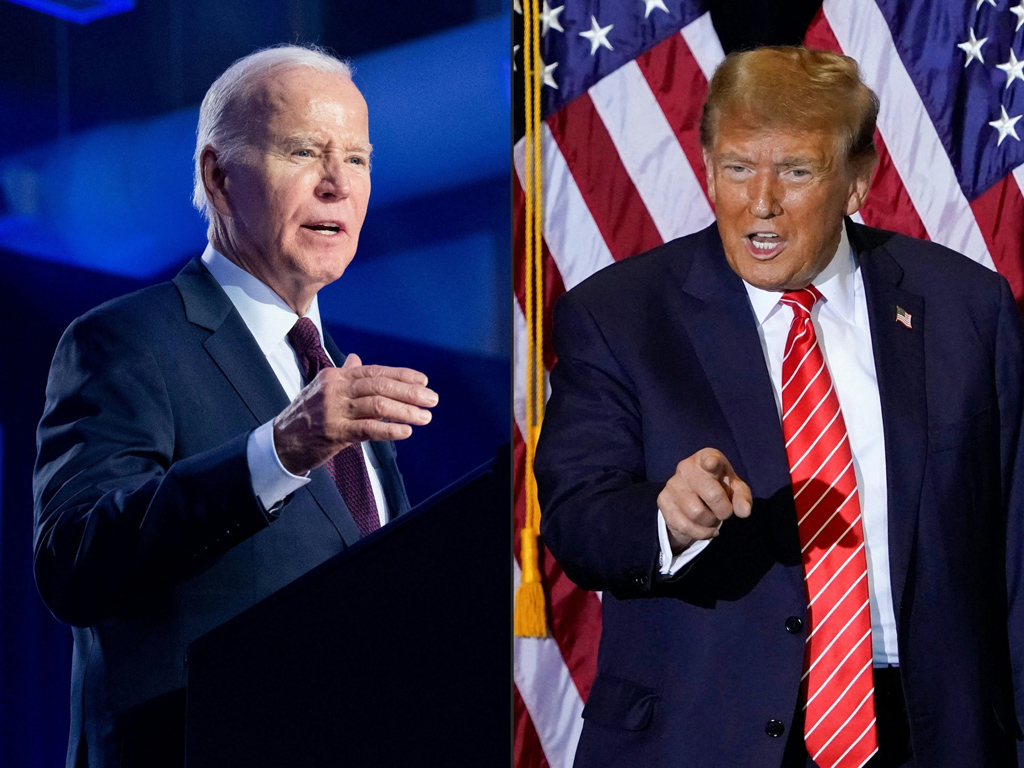Unpacking Pandora's box
Trump’s comments exposed the Europeans – who already feared that Ukraine’s defeat would trigger an influx of 10 million refugees and continued Russian aggression – to the nightmare scenario of Washington not coming to the continent’s defense. Despite the risk of isolation, Europe’s failure to develop a qualified relationship with Türkiye remains a strategic weakness. It appears that Trump will open a Pandora’s box for the Western alliance if he wins the U.S. presidential election in November. A strong advocate of "power-driven national interest," his victory would mark the beginning of a new era characterized by Russian aggression and the disregard for Israel’s massacres. One could argue, however, that the Biden administration has already opened that box by failing to stop the Israeli violence in Gaza. The Western alliance – which, many thought, rested on values like freedoms, democracy and human rights – silently watches the mass killing of Palestinians to drag humanity into despair and the world into an “age of chaos,” in the words of U.N. Secretary-General Antonio Guterres.The Russia-Ukraine war represented a major rupture already. At this point, we can tell how quickly great power competition turns into war. War is spreading and becoming more and more commonplace. Yet it was Israel’s massacre in Gaza that strikingly established that the powerful can disregard the law and humanity. Earlier this week, the Israeli army began to bomb Rafah – the last remaining “safe zone” inside Gaza. Ignoring the genocide case and the Biden administration’s supposed warning, Israeli Prime Minister Benjamin Netanyahu shows the world that he can destroy all of Gaza – whether it’s hospitals, schools, U.N. institutions or 2 million civilians.







